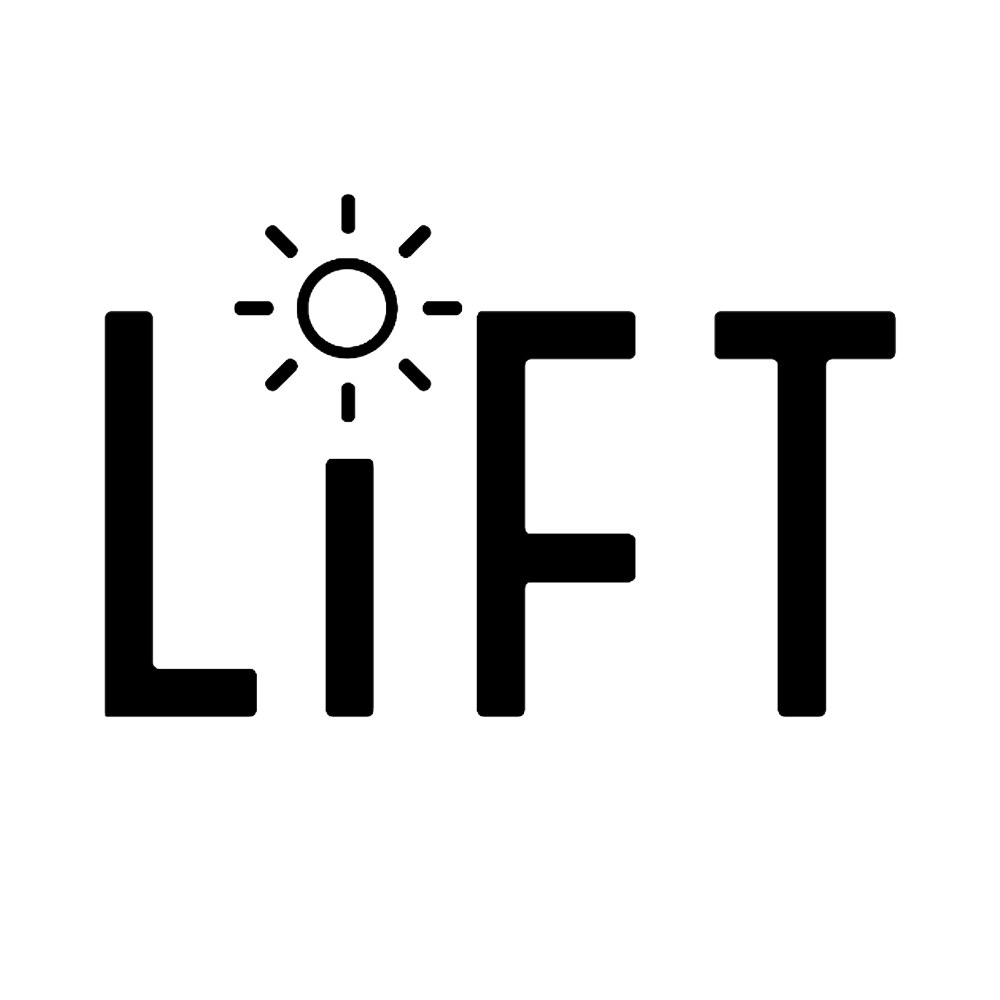Unveiling the Inequities: The New Canadian Federal Budget's Impact on Adult Vapers and Vape Businesses
The 2024 Federal Tax Budget:
The recent release of the Canadian Federal Budget has spurred widespread discussion and scrutiny, particularly within the vaping community. Of notable concern is the substantial increase in excise tax rates on vaping products. While the government's purported aim of addressing public health concerns is commendable, the amplified tax burden disproportionately affects adult vapers and threatens the viability of vape businesses across the country. In this comprehensive analysis, we delve into the intricate details of the budgetary amendments and shed light on the adverse implications they pose for adult vapers and the vaping industry as a whole.
Understanding the New Canadian Federal Budget:
The Canadian Federal Budget stands as a pivotal blueprint delineating the fiscal policies and priorities of the nation, encompassing a broad spectrum of economic strategies, including taxation and expenditure directives. Among the notable changes introduced in the latest budget is the considerable augmentation of excise tax rates on vaping products. This measure, ostensibly aimed at curbing vaping prevalence and safeguarding public health, introduces a taxing dilemma for adult vapers and the vaping industry at large.
Impact on Adult Vapers:
The intensified excise tax on vaping products casts a dark shadow over adult vapers, presenting significant obstacles to their access to harm reduction alternatives and exacerbating financial strain. For many adult smokers seeking a less harmful alternative, vaping represents a crucial tool in their journey towards tobacco cessation. However, the heightened cost of vaping products resulting from increased excise taxes threatens to render vaping financially untenable for numerous adult vapers.
Moreover, adult vapers grappling with nicotine dependence find themselves ensnared in a disheartening predicament. Faced with inflated costs, they must choose between allocating more of their limited resources towards sustaining their vaping habit or reverting to traditional tobacco smoking, which entails far greater health risks. This regressive outcome not only undermines the government's purported public health objectives but also jeopardizes the well-being of adult vapers who seek a safer alternative to smoking.
The amplified financial strain imposed by the excise tax hike may disproportionately impact vulnerable populations, including low-income individuals and marginalized communities, who may lack the resources to absorb the increased costs. Consequently, these groups may face heightened barriers to accessing harm reduction alternatives, exacerbating existing health disparities and perpetuating social inequities.
Impact on Vape Businesses:
The ramifications of the heightened excise tax extend beyond individual consumers to the very fabric of the vaping industry itself. Small and medium-sized vape businesses, already contending with regulatory hurdles and market competition, now confront an additional obstacle in the form of increased taxation. The amplified financial strain imposed by the tax hike may precipitate a cascade of adverse effects, including diminished profitability, operational constraints, and, in some instances, the shuttering of vape businesses.
Furthermore, the tax hike may inadvertently fuel a resurgence in black-market vaping products, as price-sensitive consumers seek alternative, unregulated sources to circumvent the inflated costs imposed by legitimate retailers. This poses grave risks in terms of product safety and quality control, as unregulated products lack the stringent regulatory oversight governing their legitimate counterparts, thereby endangering the health and safety of consumers.
Moreover, vape businesses play a vital role in providing adult smokers with access to harm reduction alternatives and supporting individuals in their journey towards tobacco cessation. The financial strain imposed by the excise tax hike may impede the ability of vape businesses to fulfill this critical role, thereby hindering public health efforts aimed at reducing tobacco-related harm.
The disproportionate impact of the excise tax hike on vape businesses may also have broader economic implications, including job losses, reduced tax revenue, and diminished economic activity within the vaping industry. Small and medium-sized vape businesses, often serving as pillars of local communities, may be particularly vulnerable to the adverse effects of the tax hike, exacerbating economic disparities and contributing to social and economic inequities.
Conclusion:
The repercussions of the increased excise tax on vaping products reverberate far beyond the confines of fiscal policy, encroaching upon the lives and livelihoods of adult vapers and the businesses that cater to them. By exacerbating financial strain, limiting access to harm reduction alternatives, and inadvertently fueling illicit markets, the tax hike undermines the very objectives it purportedly seeks to achieve.
Moving forward, it is imperative for policymakers to recalibrate their approach to vaping regulation, striking a delicate balance between public health imperatives and the rights and well-being of adult vapers and vape businesses. By fostering dialogue, embracing evidence-based policymaking, and adopting a nuanced understanding of the complex dynamics at play, policymakers can chart a course that upholds public health objectives while safeguarding the rights and interests of adult vapers and the vaping industry as a whole.




